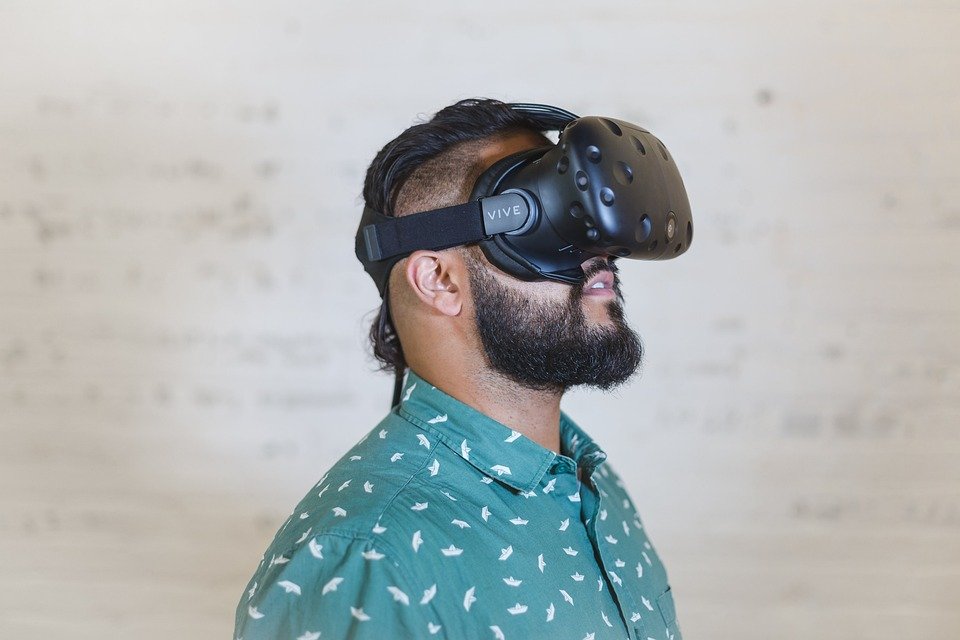How Virtual Reality is Transforming Education and Training
Virtual reality (VR) has become a game-changer in the field of education and training, offering an immersive and engaging way to learn and practice new skills. With the ability to place users in realistic simulations of real-world scenarios, VR is enabling a new level of experiential learning that is transforming the way we educate and train individuals.
One of the most significant ways virtual reality is revolutionizing education and training is by providing hands-on experiences that were previously impossible. For example, in the field of medicine, VR allows students to practice surgical procedures in a virtual operating room, without the need for cadavers or live patients. This not only enhances student learning but also reduces the risk associated with traditional training methods.
Similarly, in industries such as aviation, manufacturing, and engineering, VR simulations are being used to train workers in complex processes and procedures. By providing a safe and controlled environment, VR enables trainees to make mistakes and learn from them without any real-world consequences. This not only improves learning outcomes but also increases the overall safety of workers in high-risk environments.
Furthermore, virtual reality is also making education more accessible and inclusive. With VR headsets, students can visit historical sites, explore outer space, and interact with 3D models of complex concepts, regardless of their physical location or limitations. This opens up new possibilities for distance learning, allowing students to have immersive learning experiences without leaving their homes.
Moreover, VR is also being used to improve soft skills training, such as communication, teamwork, and leadership. By placing individuals in realistic social scenarios, VR helps them develop and practice these skills in a safe and controlled environment. This is particularly valuable for professionals who can benefit from practical experience in managing difficult interpersonal situations.
In addition, virtual reality is also being integrated into corporate training programs, providing employees with realistic simulations of workplace scenarios. This allows them to practice and refine their skills in a risk-free environment, ultimately improving their performance on the job.
Overall, virtual reality is transforming education and training by providing immersive, hands-on experiences that were previously unattainable. From practical skills training to soft skills development, VR is revolutionizing the way we learn and practice new skills. As the technology continues to advance, we can expect to see even more innovative applications of VR in the field of education and training in the future.
